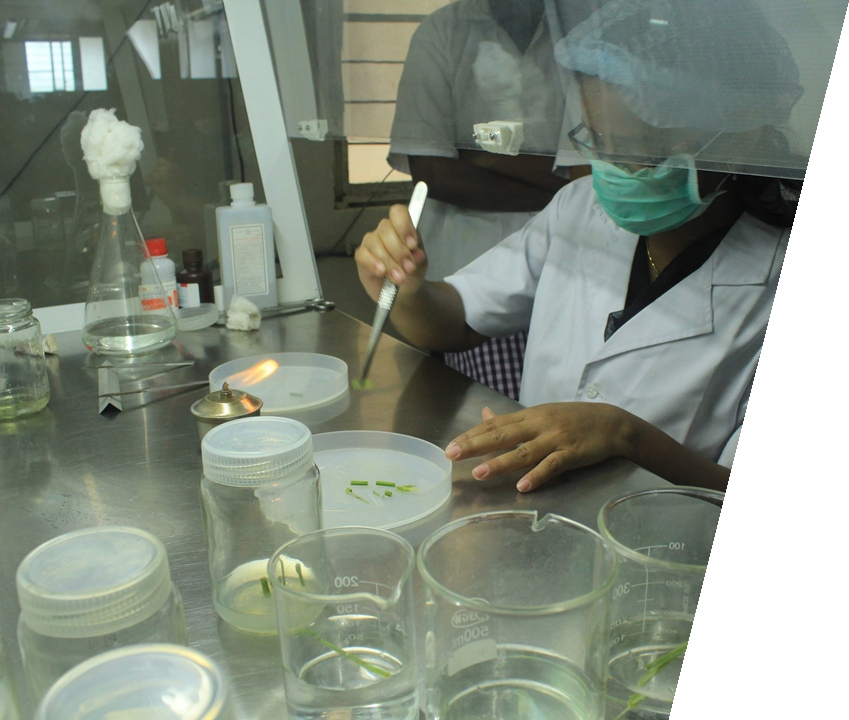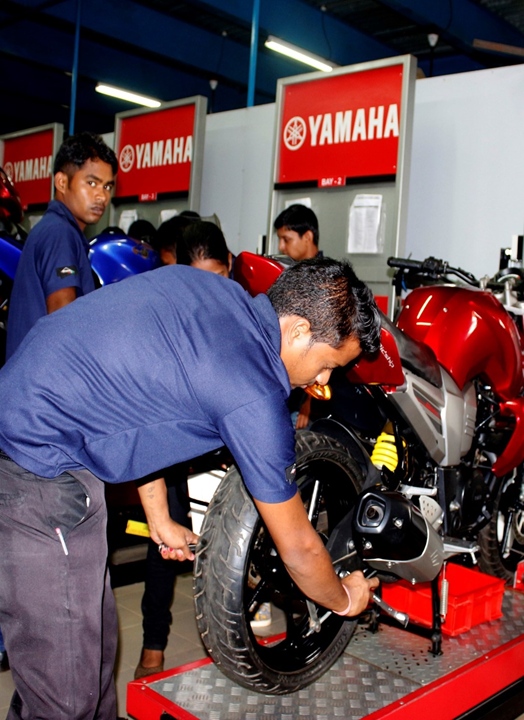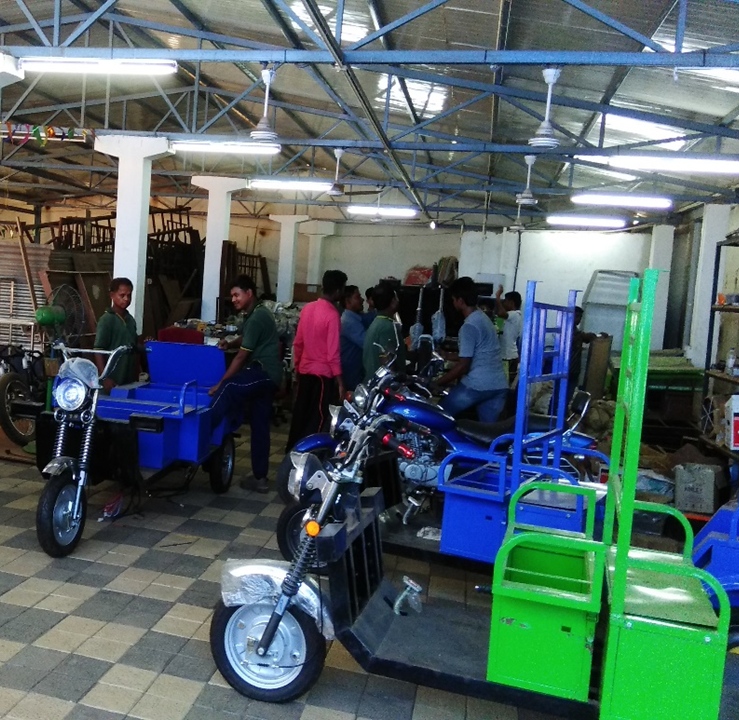Lessons from India part 1: Education needs to be re-imagined
On our recent trip to India we were exposed to a very different model of tertiary education that made us realise how differently we need to do things in Australia.
 Recycling lab
Recycling lab
Centurion University’s social entrepreneurship outreach entity Gram Tarang is training 100,000 students each year with more than 85% (including over 200 differently abled youth) going straight into jobs with industry partners in major urban centres. Centurion believes that universities shouldn’t just award degrees but should enable students to earn a livelihood, creating positive economic and social value for themselves, their communities and the nation. This seems like a great goal, but why don’t we appear to be doing something similar in Australia?
 Plant tissue cultivation lab
Plant tissue cultivation lab
Only 73 per cent of Australian university graduates were employed four months after graduation in 2018 and this dropped to 52% for creative arts graduates and 55% for some universities. Amazingly, only 57 per cent of undergraduates who were employed full time following university felt their qualification was important for their current employment! Surely, this raises a question about what we are teaching students? Why aren’t degrees creating competencies?
And we also need to be aware that our education system filters out a significant segment of society even before university with only 74% of young Australians attaining Year 12 and this drops to 61% of the most disadvantaged students and 43% of those living in very remote areas. All of this leads to a youth unemployment rate of 11.8% which is more than double the adult unemployment rate.
These statistics are incredibly alarming for a rich country like Australia and this is before we consider the changes that are likely to occur with automation and artificial intelligence in the next few years.
Can we afford to be educating for the sake of education or should we be thinking about education as a means to employment and livelihood? In India, access to employment and livelihood is fundamental to overcoming poverty, but is the situation any different in Australia?

Centurion has a strong belief that it is skills that are important, and these are not necessarily provided by a degree. To achieve social equity, we need to enable everyone with what is needed for meaningful and sustainable employment as a basic human right. This means we should embrace diversity and take education to those who are most deprived and most in need of a livelihood.
Therefore, we need to make education inclusive by providing a variety of pathways to a career and not just a job, provide a range of delivery mechanisms with multiple entry and exit points and cater for people of all abilities, capabilities and aptitudes wherever they live.
Educational institutions need to develop closer relationships with industry to ensure they are providing the skills desired by employers with, wherever possible, direct links to employment. They also need to facilitate the opportunity for people to undertake lifelong learning so they can continue to “learn while they earn” and develop a career path.
 Yamaha technician lab
Yamaha technician lab
And we need to provide greater support for rural students who have to move to cities to study or work as well as customised support for people with disabilities and those with a long-term unemployment history. In most, if not all scenarios where you are wanting to change the trajectory of a person’s life, the experience of many organisations is that you need to provide prolonged, tailored wraparound support for changes to be sustainable. (More about this in the next blog post).
While in India we saw with our own eyes how this is working and how it is different to Australian education. Centurion is training young people from extremely remote area who dropped out of school before completing year 10 and providing the technical and life skills needed to successfully maintain employment in major urban centres.
 escooter manufacturing lab
escooter manufacturing lab
You can read more about their specialised holistic support on this earlier blog post.
An example of an alternative education and employment pathway in Australia is PwC’s recruitment of people without a university education and offering on-the-job training. PwC finds that by not focusing on university qualifications, they can access a huge number of young Australians who are talented, motivated and capable of being very skilled who they previously would not have considered.
Sara Caplan who leads PwC’s Skills for Australia, said “I believe that in the future of work, a university degree won’t be seen as a prerequisite to be ‘successful’, as is the scenario now to the exclusion of other pathways. Work is changing dramatically in the 21st century. We need people from every walk of life in the workforce and we need to urgently broaden the talent pool we draw from.”
Based on our experience in India, this is the sort of reimagining of education that we need to create a richer, more inclusive, equitable society.
Do you know of any other examples of new educational models? If so, please let us know.